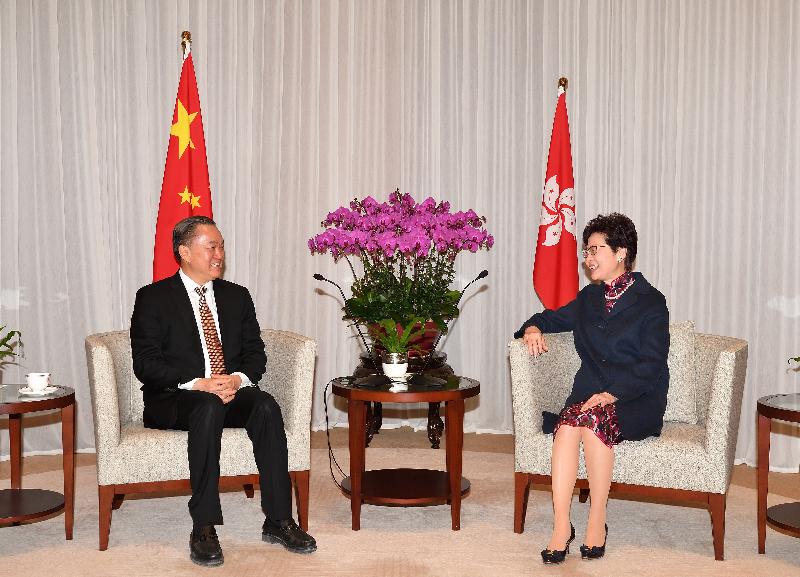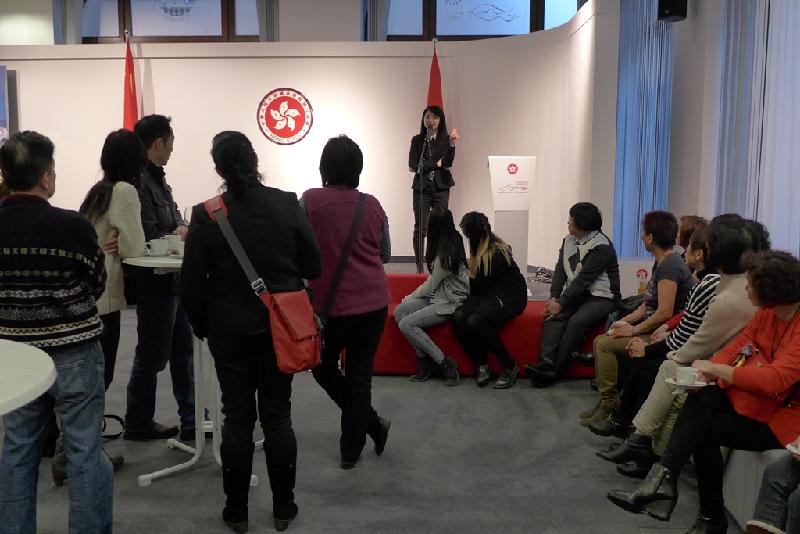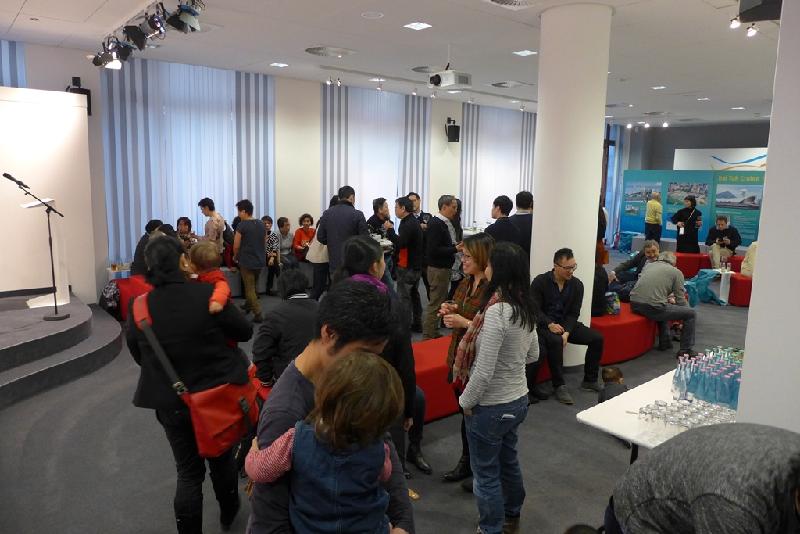News story: MDP support Action Counters Terrorism (ACT) 2018 campaign
The ACT campaign, encourages the public to help the police tackle terrorism and save lives by reporting suspicious behaviour and activity.
With the enduring terrorist threat, it is now more important than ever that everyone, including all Ministry of Defence Police staff, plays their part in tackling terrorism.
Our actions could save lives. Communities defeat terrorism.
Speaking on the campaign T/Chief Constable Andy Adams said:
The core role of the MDP is the protection of the people and assets at the various Defence and national infrastructure sites where our officers are deployed across the UK. We cannot, however, do this in isolation. We need members of the public and the staff employed at the sites where we are located to report any unusual or suspicious behaviour that they see or hear. No report is a waste of time and any piece of information, no matter how small, could make the difference that enables us to disrupt and prevent a potential terrorist attack.

Like other criminals, terrorists need to plan.
To find out more about what could potentially be terrorist-related suspicious activity or behaviour visit the ACT campaign
If you see or hear something unusual or suspicious trust your instincts and ACT by reporting it in confidence at gov.uk/ACT. If it’s an emergency, call 999.
Don’t worry about wasting police time. Any piece of information could be important and it is better to be safe and report. No call or click will be ignored. What you tell the police is treated in the strictest confidence and is thoroughly researched by experienced officers before, and if, any police action is taken.
Remember to trust your instincts and ACT: Action Counters Terrorism.
The MDP will be further promoting the ACT campaign on Facebook and Twitter during the coming weeks.



